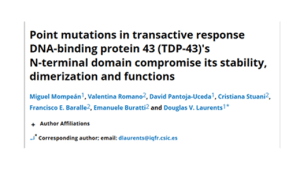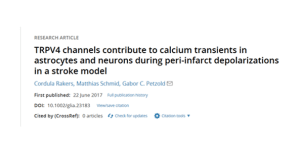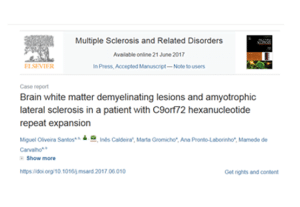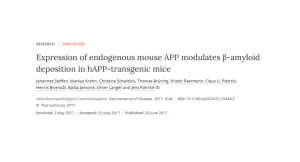A team of researchers has identified silent, seizure-like activity in the hippocampus, a brain structure significantly affected in Alzheimer’s Disease, in two patients with Alzheimer’s disease and no known history of seizures. These alterations in the brain’s electrical activity could not be detected by standard EEG readings taken on the scalp and primarily occurred during sleep, a time when the preceding day’s memories are consolidated. The report was published in Nature Medicine.
The investigators describe two patients — both women in their 60s — who had developed symptoms suggestive of Alzheimer's disease, such as confusion and repeatedly asking the same questions. Brain imaging studies and cerebrospinal fluid analysis for both patients were consistent with Alzheimer's disease. It is common for patients with Alzheimer's to experience fluctuations in their symptoms, but in both of these patients, those fluctuations were more exaggerated than typically seen.
While scalp EEG recordings did not reveal seizure-like activity, the investigators suspected that there may be undetected seizures within the hippocampus. They decided to try a more direct way of monitoring electrical activity in the hippocampus and related structures. Electrodes were placed adjacent to those structures on both sides of the brain through the foramen ovale (FO), naturally occurring openings at the base of the skull. Each patient's brain activity was monitored simultaneously with both implanted electrodes and with scalp EEG for more than 24 to 72 hours.
In one patient, the FO electrodes revealed frequent bursts of electrical activity called spikes, often associated with seizures, most which were not detectible by scalp EEG. During a 12-hour period she experienced three seizures, all taking place during sleep but not producing any visible symptoms. Treatment with an anti-seizure medication eliminated the seizure-like activity, and in the following year, she experienced only one episode of confusion, which occurred after she missed several doses of her anti-seizure medication. FO electrode recording in the other patient also revealed frequent spiking during sleep, but anti-seizure treatment had to be discontinued because of adverse effects on her mood.
Since there is evidence that higher levels of neuronal activity can increase the production and deposition of Alzheimer's associated proteins such as tau and amyloid-beta, understanding whether seizure-like activity accelerates the progression of Alzheimer's disease will likely be a high priority for the researchers.
Paper: “Silent hippocampal seizures and spikes identified by foramen ovale electrodes in Alzheimer's disease”
Reprinted from materials provided by Massachusetts General Hospital.




